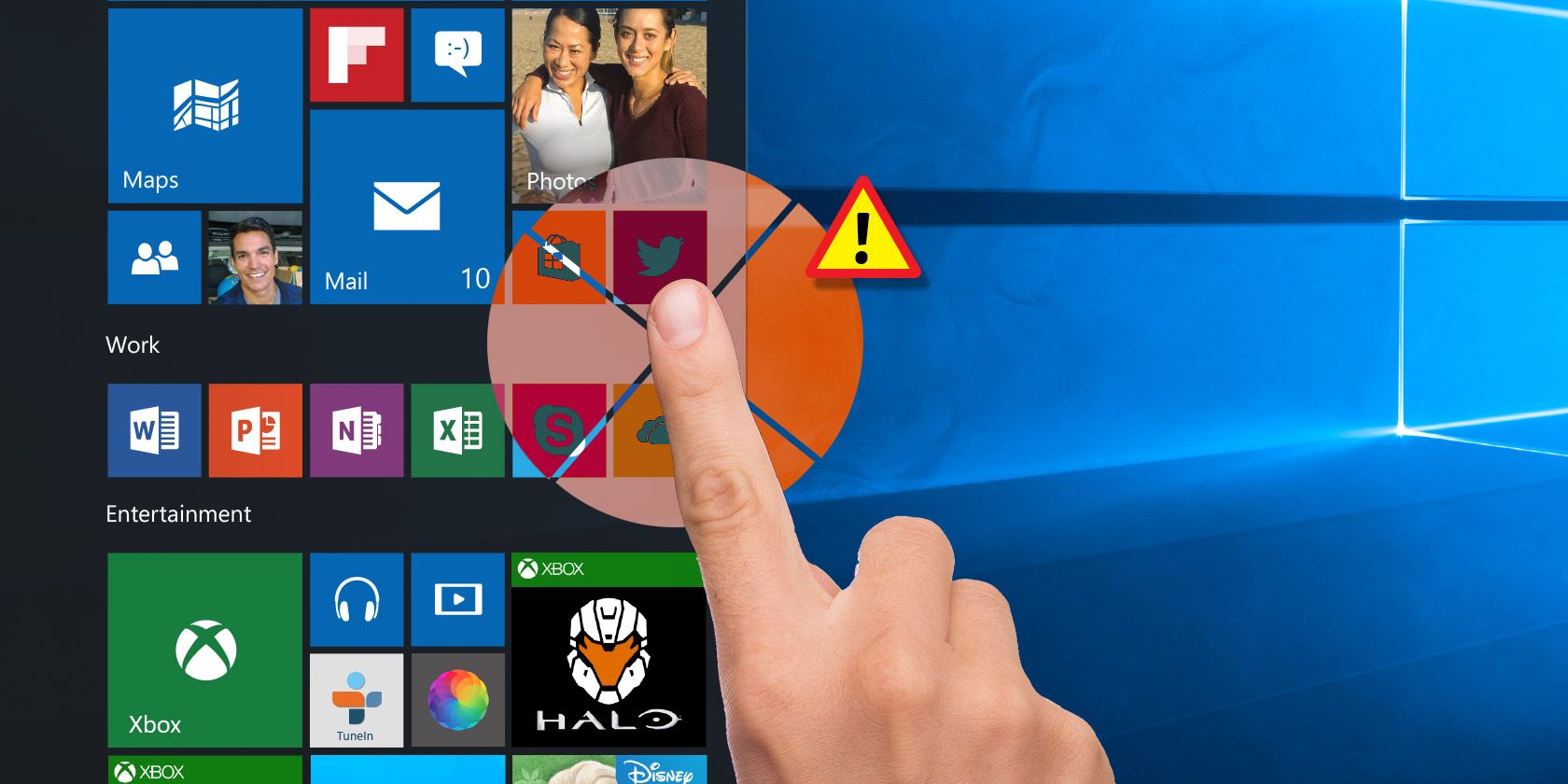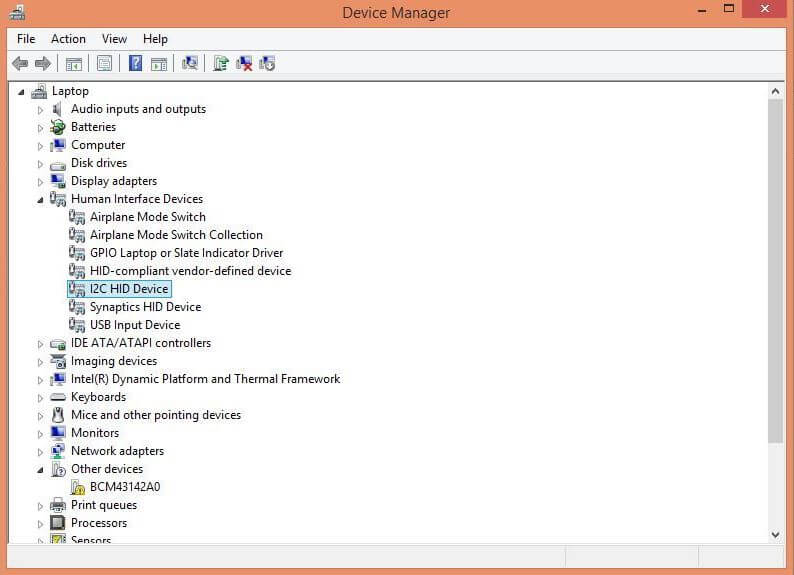

Most users configure it to "2," but others have set it to "1" or even "0", which presumably makes it even more responsive. The exact value to set Latency and SampleTime to is arguable.


To increase or decrease touch responsiveness on your PC, follow these steps: Users are always encouraged to run a system backup before making any changes to the registry. Warning: Modifying the system registry can have dire repercussions if not followed precisely, including driver failures, system instability, or not being able to boot into Windows. Since Microsoft does not offer a way to alter touch sensitivity through the Windows 10 OS, the most direct way to do it is through the registry. It is important to note that if you're using Windows 10 in S mode, like how the Surface Go or Galaxy Book 2 ship, you cannot access the registry in that configuration and would need to switch out of S mode for this to work.įinally, the difficulty and risk factor for this "hack" is as "easy" and "low." How to change touch sensitivity in Windows 10 If you do notice a massive downgrade in battery or other anomalies, you can quickly revert the registry change and return to normal.

Just know that Microsoft evidently does not support or endorse this modification or our article. At best you are giving invalid values that it ignores."Īs always, we'll leave it to the user to determine if the experience is worse or better for themselves. All it does is lie to the prediction engine about what those values are, breaking its ability to correctly do its job. "This value does NOT change the polling frequency or sample rate of the touchscreen. Article dispute: Brandon Paddock from Microsoft notes this trick does not quite do what some think it does:


 0 kommentar(er)
0 kommentar(er)
